The Rules of Writing!
by Madelyn Hill
As a writer, I have been told the rules of writing for years. Do this, don’t do that. Agents love this, editors hate that. More rules about keeping point of view to the main characters, don’t use prologues, don’t use epilogues, and Nora Roberts can do whatever she wants!
But in a recent (very unscientific) poll on Facebook, I asked writers and readers if they like prologues and epilogues. The resounding answer was YES! Most felt as long as the prologue and epilogue were integral to the story, they were appreciated. In fact there was very strong language in favor of prologues and epilogues. Words like LOVE, NEED, and LIKE were repeated used. BUT, many agents and editors dissuade writers from using prologues. I wonder why they do so when readers, our audience, so enjoy them.
Many books are made into movies and this allows us to visually appreciate the prologue. There is a definite element in which the beginning scene is most certainly the “prologue” of the movie. In Pirates of the Caribbean, Elizabeth is a young girl on her father’s ship. She spies a young boy (Will) floating in the water and he is saved. Fast forward several years and we see the beautiful Elizabeth as a young woman and handsome Will is bringing a sword to her father. The prologue sets up the relationship and the gift of the pirate’s medallion Will slipped to Elizabeth when he was rescued.
Another prologue is for Braveheart. Young William Wallace plays with his friend and then follows his father and brother to a meeting and finds them dead. His uncle whisks him off to travel the world. Fast forward, we see the handsome, adult William as he comes back to claim his family farm and he expresses his desire for peace. The prologue sets up history, the precarious situation of the Scots, and William’s transformation.
The best epilogue I have ever seen is for the Harry Potter series. At the end of the series, we move forward several years and we see a grown Harry, Ron and Hermione. They are bringing their children to the Hogwarts Express for the first time to attend Hogwarts. To me, the epilogue wrapped up the series and gave readers and viewers the satisfaction of learning who married who and what they looked like as adults.
I feel readers like the prologue because they learn some of the history of the characters prior to reading the book or if the book is part of a series they learn needed information. In regards to epilogues, readers want to know what’s next. Is there going to be further resolution? A hint of the next book in the series? One response said epilogues cemented the end of the story. I kinda like that.
In my current work in progress I have a prologue, which takes place ten years earlier. The prologue sets up the political situation, the death of the clan leader, the strength of the sisters and their pledge to take care of the clan. In fact, the last words spoke by their father causes different conflicts with each of the sisters and has even helped me name the books.
I personally love prologues and epilogues. What about you? Do you think they are necessary? Engaging? Boring?
For The Love Of A Gypsy
Can she betray the Gypsy clan who saved her for the love of a stranger?
Martine Petrulengo is stifled by the traditions of her adopted Gypsy clan. They gave her new life when she was left all alone. And now she is expected to marry in order to forge clan allegiances. When she nurses the handsome and charming Lord Declan Forrester back to health, she is lured by the seductive idea of life outside of the clan—and the prospect of love with the Irishman.
Can he prove his innocence in order to claim his Gypsy?
Lord Declan Forrester trades prison bars for a loveless marriage in order to save his soul. And now he’s trying to prove his innocence not only as a traitor, but that of his wife’s murder. When the lovely and beguiling Martine saves him, he falls in love for the first time. Yet the obstacles of his past seem insurmountable.
Martine and Declan must fight tradition, prejudice, and the haunting ghosts of their pasts in order to fight for their love and ensure their future.
EXCERPT
A rider urged his horse forward. He wore a leather doublet of a quality she’d never seen. The black hide was pierced with metal and thick stitching formed elaborate Celtic designs. Regal and rich. His breeches hugged his thighs so closely ’twas indecent, but that didn’t stop her gaze from venturing along the hard expanse of his legs. Heat crept up her neck and flushed her face like a flame.
He tipped his head in her brother’s direction. Martine gasped.
The stranger from the glen.
“We’ve business,” was all he said.
Rafe nodded, but didn’t twitch a muscle. Martine wanted to run from the confrontation, hide in her grandmother’s berth safe from the bewitching blue eyes of the intruder. But her feet stayed rooted to the ground.
Och, this man was handsome. Strong jaw, brilliant eyes, and a broad mouth composed a man so striking. His face was a composite of hard planes of granite that matched the intense glare of his eyes.
The man sighed and his comrades inched closer to his side. They dressed as he did, except their clothing lacked the obvious quality she could see stitched in the leather of his.
“The villagers are concerned with your presence, Gypsy.”
She could feel the tension in the tight line of her brother’s shoulders, taste the anger in the air that hummed about him and the stranger. His jaw clenched and he remained silent.
“I’ve come to ask you to leave.”
About Madelyn Hill
Madelyn Hill has always loved the written word. From the time she could read and all through her school years, she’d sneak books into her textbooks during school. And she devoured books daily. At the age of 10 she proclaimed she wanted to be a writer. After being a “closet” writer for several years, she sent her manuscripts out there and is now published with Soul Mate Publishing. And she couldn’t be happier!
A resident of Western New York, she moved from one Rochester to another Rochester to be with the love of her life. They now have 3 children and keep busy cooking, watching their children’s sporting events, and of course reading!
Social Media Links
Facebook: https://www.facebook.com/madelyn.hill.94
Twitter: https://twitter.com/AuthorMaddyHill
Email: [email protected]
Website: http://www.madelynhill.com
Pinterest: http://www.pinterest.com/madelynhill68
Purchase Here

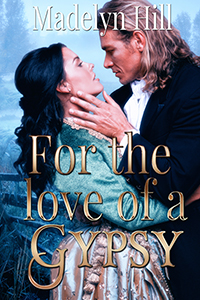


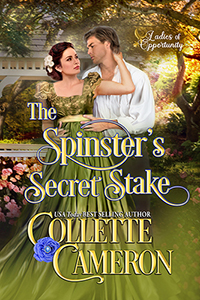
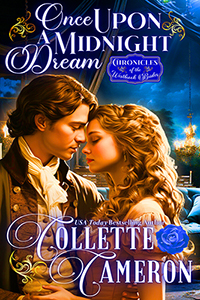
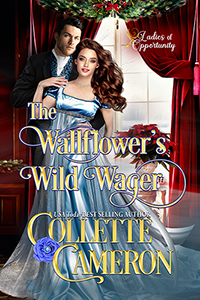


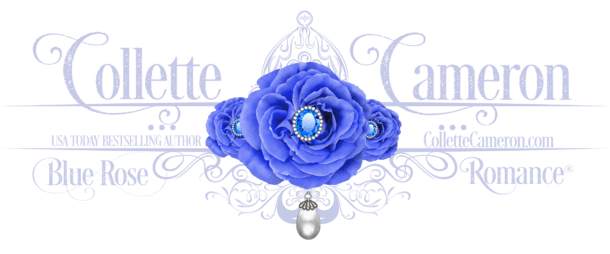
I like both when they add to the story, but find prologues usually quite helpful. I have a couple of WIP’s where I think a prologue would be helpful and am having trouble writing the story without it. I don’t find epilogues as necessary either as a writer or reader. I think the numerous Indie authors may start changing things.
Change is great! And sometimes, especially as publishing has evolved, the traditional ways need to adapt.
I love epilogues! Prologue are good too! Keep writing!
Thanks, Cindy!
I love both!
Great excerpt, too!
Thanks! I don’t always use them, in fact in my upcoming release Heather In The Mist I nixed the prologue because of changes in the manuscript. It just didn’t make sense after that.
Ohhh I love both ! The prologue can give great insight and the epilogue gives me what I call the sigh of contentment 🙂
I agree Crystall! The epilogue just lets me know all is write in the world of the hero and heroine.
Good for you to find out first hand! I hate those “rules” that don’t have much foundation in fact. I use prologues when I need them. Since I’m writing a series, an epilogue wouldn’t really work but I would have no problem using it with a stand alone novel. A lot of my favorite stories have epilogues.
Thanks Ashley! I love prologues myself.
There are definitely times with both –or either–are needed. Nice post!
Barbara, thank you! I agree, it has to add value to the story.
I’m happy either way, but I had no idea until recently that prologues and epilogues were so popular. My editor asked me to add an epilogue to my new release, saying that readers love them, and I figured she knew more than I did. 🙂
Barbara, I’m so glad your editor had you add it, sounds like they realize the importance in the eye of the reader.